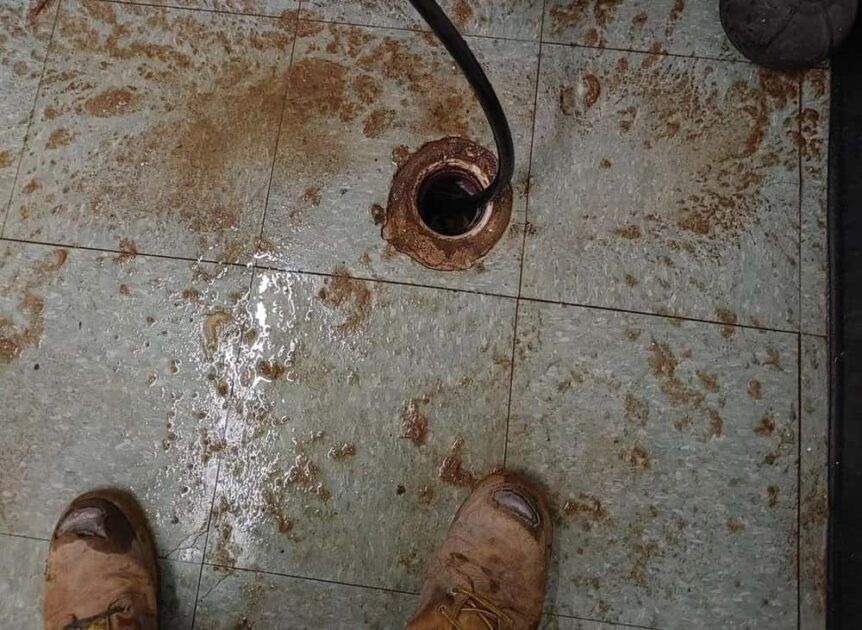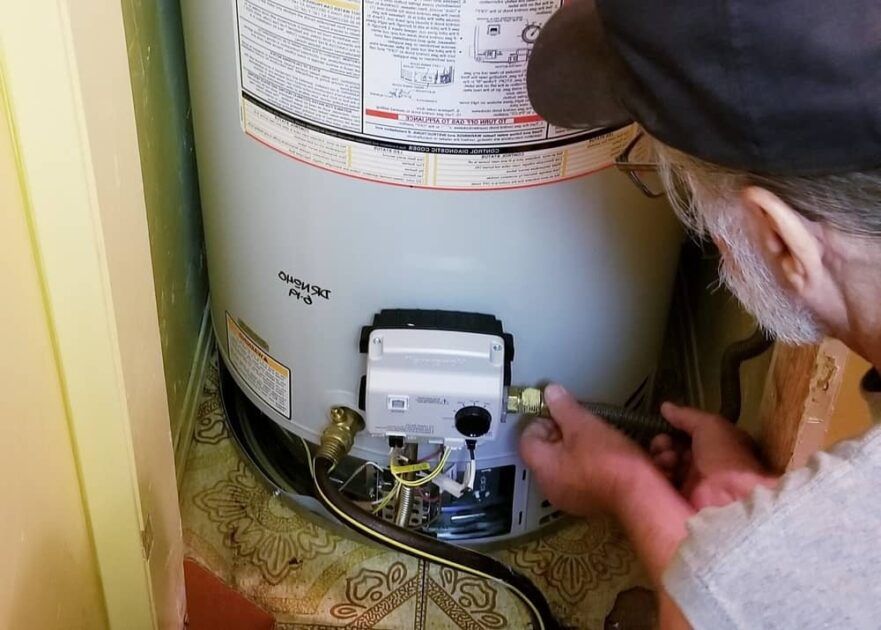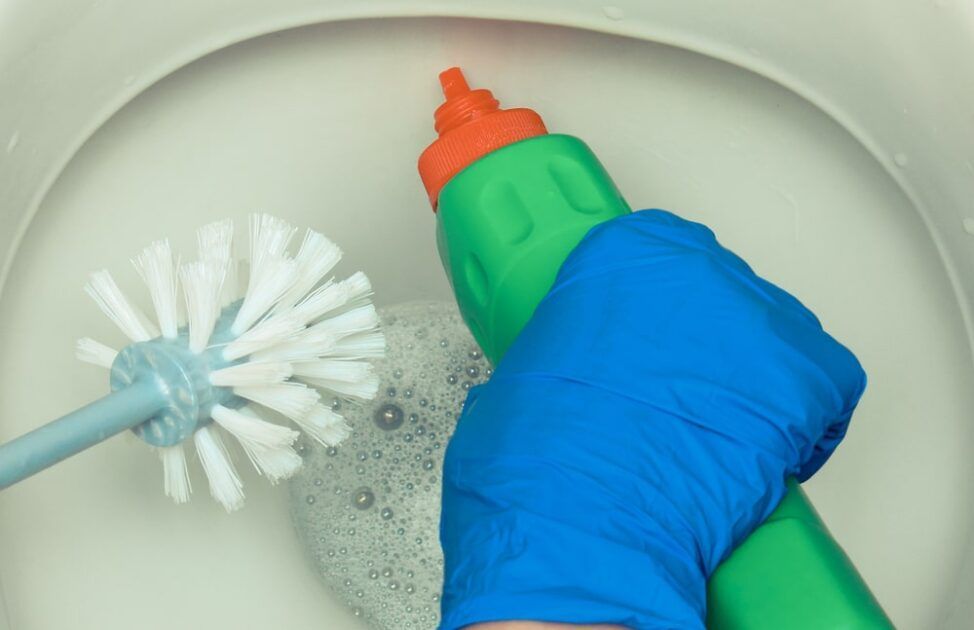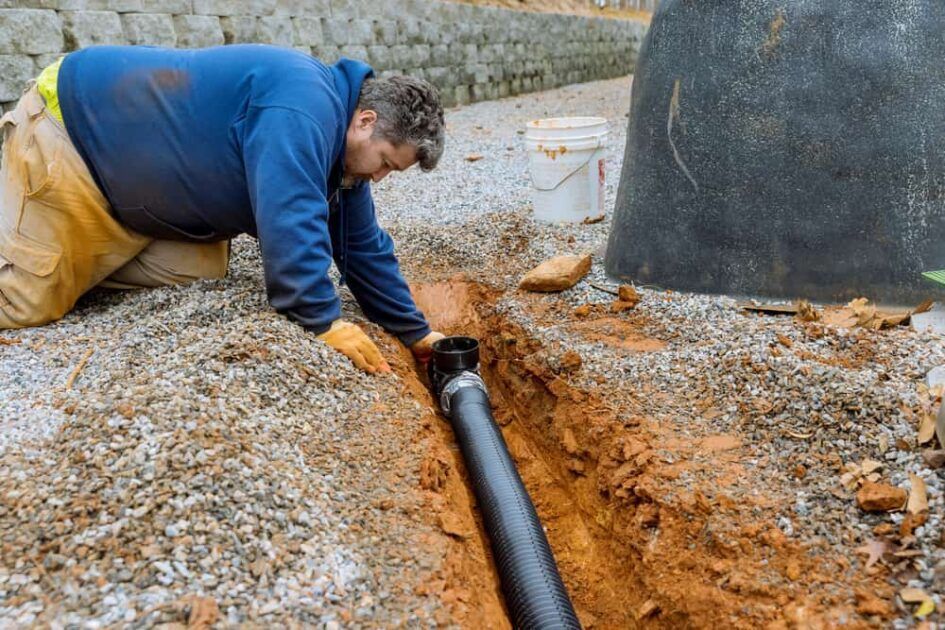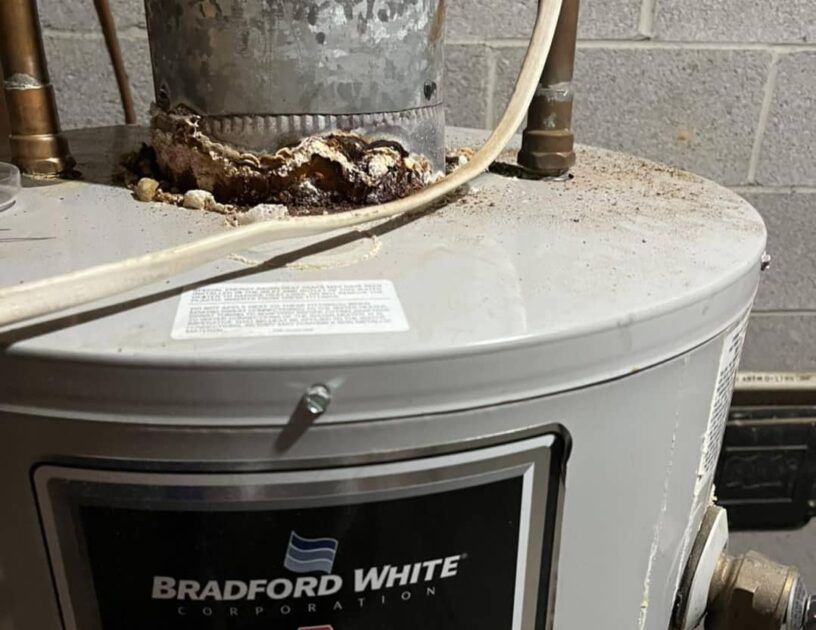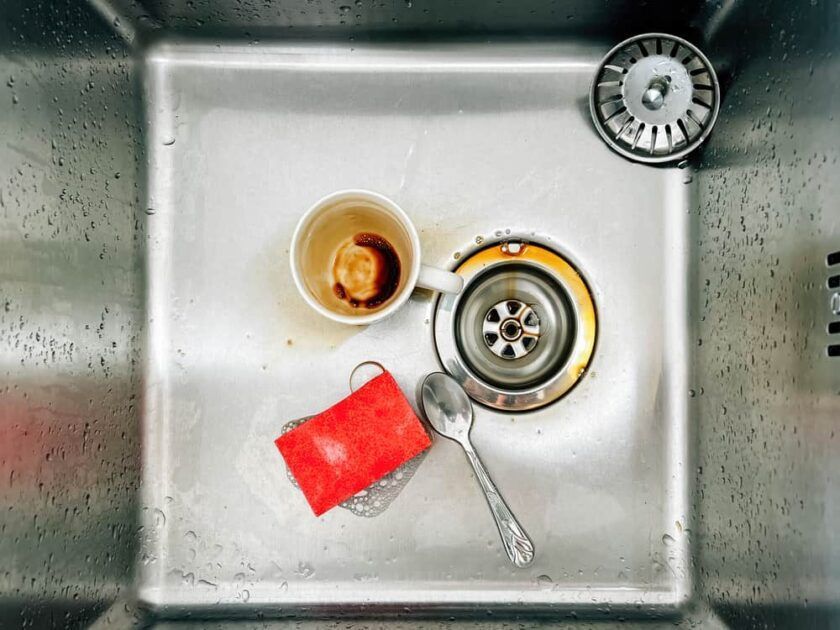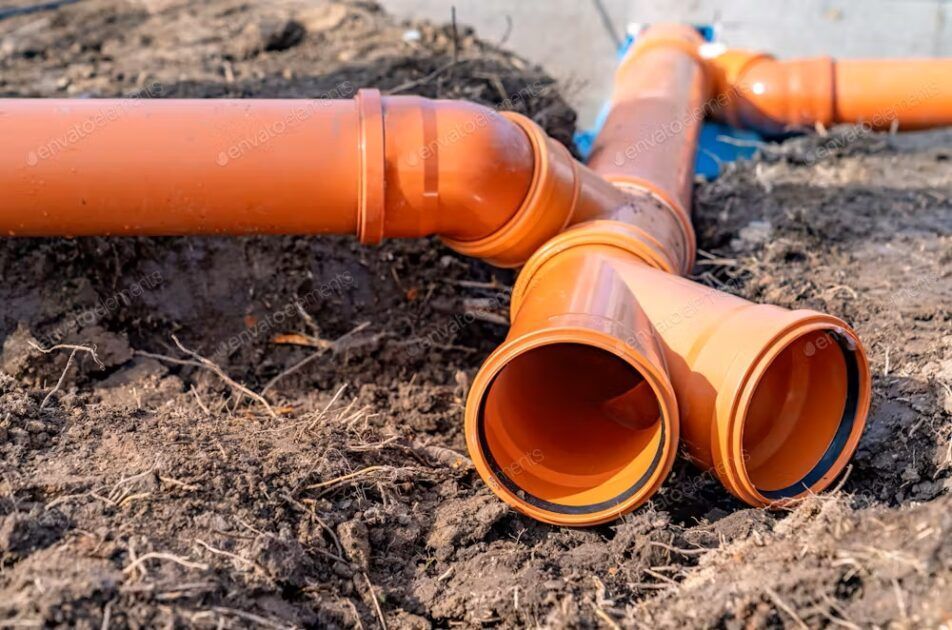How to Troubleshoot Your Water Heater: Tips for Electric and Gas Models
Water heaters are indispensable appliances in our homes, providing the convenience of hot water for cleaning, showering, and other domestic chores. A broken water heater can cause significant discomfort. However, troubleshooting your water heater can be straightforward if you take a systematic approach. If you need professional help, our certified Southern Illinois plumbers are always ready to assist you in resolving any water heater issues.
This blog post will cover several methods and advice for troubleshooting water heater problems, focusing on both electric and gas models. After reading this blog, you should be able to identify and resolve common issues with your home’s water heater.
Understanding Your Water Heater
Before beginning to troubleshoot a water heater, it’s critical to understand the fundamental parts and varieties of water heaters. Gas and electric water heaters are the two most popular types. Each kind has unique systems and potential problems, so the first step is determining which type you have.
Electric Water Heaters:
These heat the water using electric heating components. They usually have two thermostats and two heating components (upper and lower).
Gas Water Heaters
These have an electronic ignition system, a pilot light, and a thermocouple.
Common Problems with Water Heaters
Numerous issues can arise with water heaters. Here are some typical problems you may encounter:
No Hot Water: This can result from a damaged heating element, a malfunctioning thermostat, or an absence of electricity (for electric water heaters).
Not Enough Hot Water: This frequently suggests sediment accumulation in the tank, a broken heating element, or an issue with the thermostat setting.
Water Too Hot: Usually, this is due to an excessively high thermostat setting.
Strange Noises: Sediment accumulation or a malfunctioning heating element may cause popping, rumbling, or pounding sounds.
Leaking Water Heater: This may result from a rusted tank, unsecured connections, or a malfunctioning pressure relief valve.
How to Troubleshoot an Electric Water Heater
1. Check the Power Supply
Evaluating the power source is the first step in diagnosing a malfunctioning electric water heater. To begin with, check to see if the circuit breaker has tripped. Next, find the breaker box and reset any tripped breakers. However, if the breaker trips again, there may be a wiring problem that a specialist must fix. In such cases, contacting a professional is essential to ensure the issue is resolved safely and effectively.
2. Inspect the Reset Button
Most electric water heaters have reset buttons, often on the top thermostat. After removing the access panel and pressing the reset button, turn off the water heater’s electricity. If it trips again, there may be a hidden problem, such as a broken heating element or thermostat.
3. Test the Heating Elements
Use a multimeter to test the heating components. Remove the interface panels after disconnecting the water heater’s electricity supply. Perform a continuity test on each heating element. If an element exhibits no continuity, it is faulty and needs to be replaced.
4. Check the Thermostats
Use a multimeter to ensure the thermostats are functioning. A malfunctioning thermostat needs to be replaced. If required, adjust the thermostat’s settings to be between 120°F and 140°F.
5. Inspect for Sediment Buildup:
Sediment accumulation insulating the heating components might decrease their efficacy. To remove sediment, empty the water heater tank. Close the drain valve, attach a hose, and open it to empty the tank.
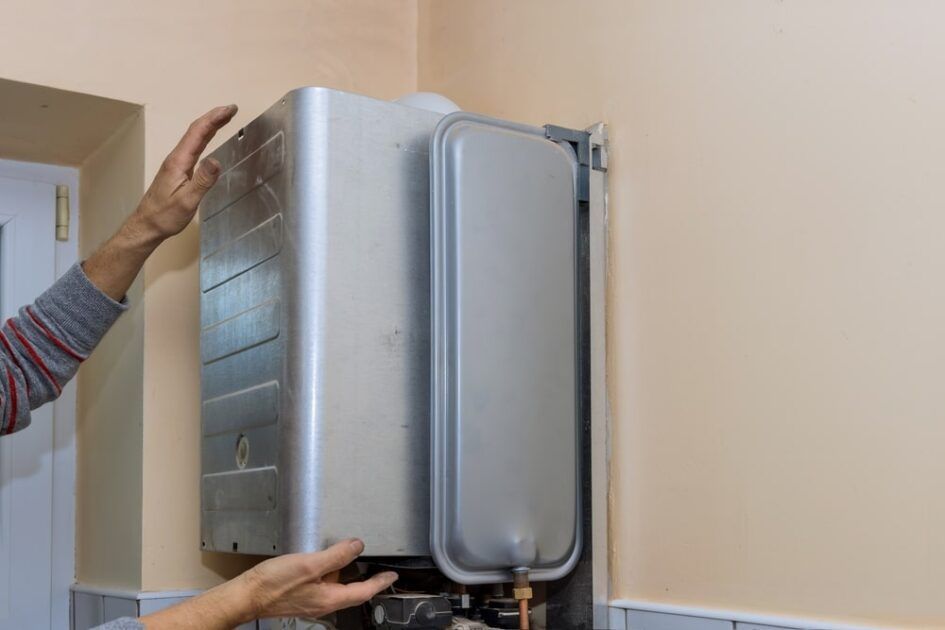
How to Troubleshoot a Gas Water Heater
1. Check the Pilot Light
The pilot light on gas water heaters frequently goes out. Follow the manufacturer’s directions to relight the pilot. If the thermocouple is faulty, it will need to be replaced.
2. Examine the Gas Control Valve
The burner may not light due to a malfunctioning gas control valve. You should contact a professional if there is an issue with the gas regulator because working with gas pipes can be risky.
3. Look for Venting Issues
Obstructions can make a gas water heater unsafe and cause malfunctions due to the potential for carbon monoxide accumulation.
4. Check for Sediment Buildup and Rust
Sediment accumulation may harm gas water heaters, just as it can with electric ones. Additionally, rust can form inside the tank , leading to corrosion and potential leaks. Flushing and draining the tank to remove sediment and inspecting for rust will make the water heater work more efficiently and last longer.
Additional Tips for Troubleshooting Water Heaters
1. Regular Maintenance
To avoid problems, routinely maintain your water heater. This includes monitoring for leaks, yearly tank cleaning, and inspecting the anode rod.
2. Know When to Call a Professional
For more complex issues like electrical problems or gas leaks, it’s best to seek assistance from certified professionals. If you’re unsure about troubleshooting procedures, don’t hesitate to reach out to our water heater repair experts. Serving Edwardsville and surrounding Southern Illinois areas, our team is ready to provide reliable solutions and ensure your water heater operates safely and efficiently.
3. Upgrade or Replace
If the water heater is more than ten to fifteen years old and you’re experiencing frequent issues, it might be time for an upgrade or replacement. Modern water heaters are equipped with advanced technologies and are more energy-efficient, which can save on utility costs.
Conclusion: Ensuring Reliable Performance and Longevity
Learning how to troubleshoot your water heater can save you time and money. Firstly, remember to perform routine maintenance to maintain optimal performance and increase your water heater’s longevity. Additionally, don’t hesitate to contact a professional if you have any questions. By having the correct information and equipment, you can ensure that your water heater provides dependable service for many years.
In addition to performing routine maintenance and guaranteeing peak performance, Rooter-Man provides professional water heater troubleshooting and repair services. These services include diagnosing problems with both gas and electric water heaters. Their knowledgeable specialists offer reliable fixes to maintain optimal operation.
The post How to Troubleshoot Your Water Heater: Tips for Electric and Gas Models appeared first on Rooter-Man Plumbers.

